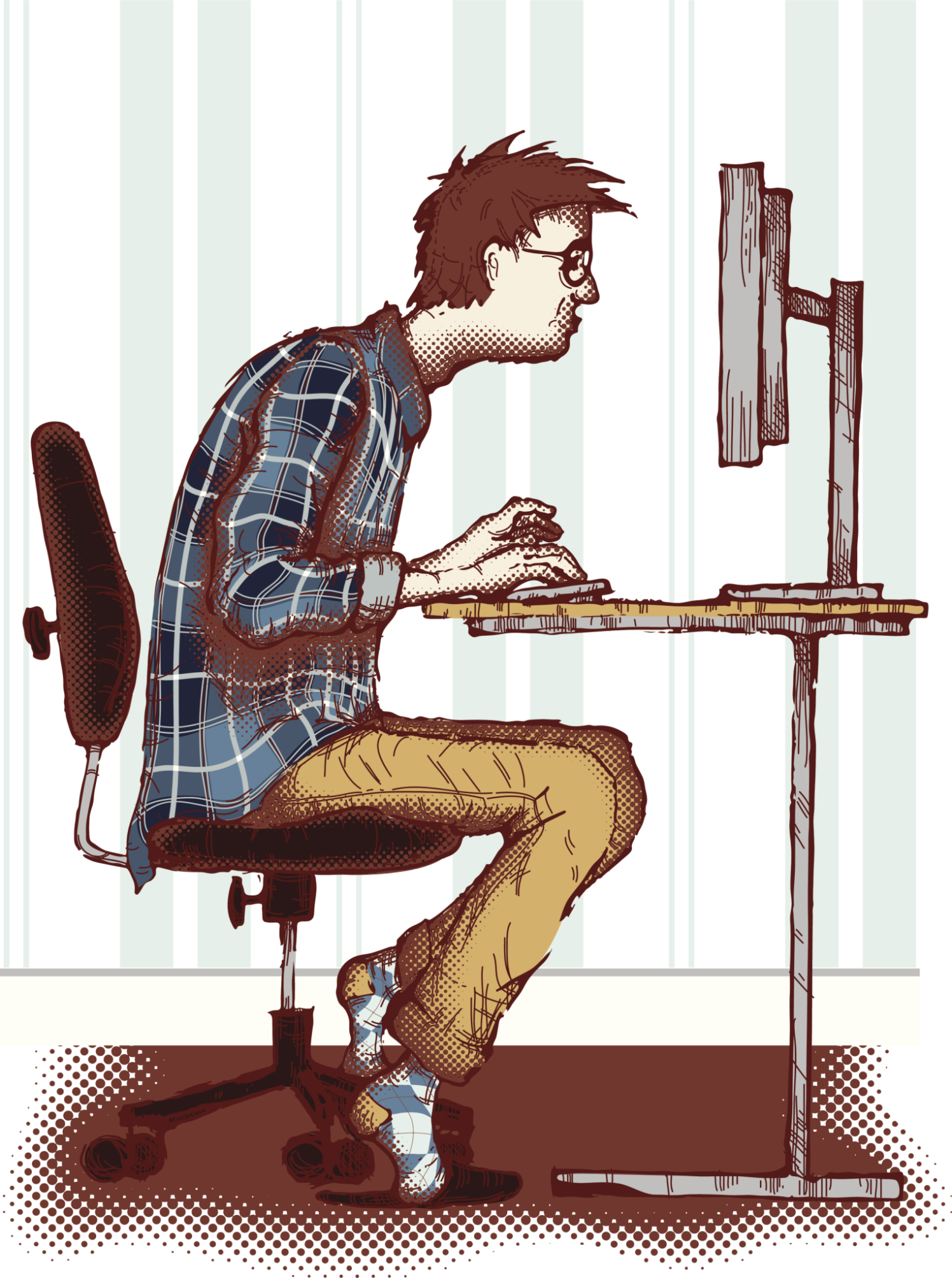
When we think about addiction, the first things that usually come to people’s minds are things like drugs and alcohol, before we think of more benign things such as particular TV shows or chocolate.
However, I’d like to challenge you to think about a somewhat insidious addiction of our modern age – addiction to email.
You may think that it sounds crazy that you could be addicted to something as simple and everyday as email. However email addiction, or e-ddiction as I like to call it, is a modern epidemic that affects more of us than we realize. Think about it. We all need email. It’s something we use every day, probably multiple times, and there’s nothing wrong with that. However, there’s fine line between use and abuse, and once you cross the line and it starts monopolizing your time, then you may have a problem.
Here are a few signs and symptoms of e-ddiction; can you recognize any of them?
•You jeopardize your relationship, family, career or education because of your need to be on your email
•The first thing you look for when booking a vacation is whether the hotel has Wi-Fi
•You check your email incessantly
•Email is an escape tool for you
•You feel moody, stressed and restless when you can’t check your email
Sound familiar? It doesn’t have to be this way. You can beat your e-ddiction (and get more done everyday as a result!)
1. Confront your e-ddiction. All addictions have an element of dependency. There is often also an element of denial, where people who deny that they may be addicted. So, to deal with it, the first step, as with all such addictions, is to admit that there is a problem.
2. Take ownership. The next step is for you to believe that it is possible for YOU to take control of your email and to manage how YOU manage it. Just as some people refuse to answer the telephone during their dinner hour or during other important times, you can choose to handle your email at the times that work for you. When you take ownership of your email, you don’t have to answer it ASAP – it will still be there when you’re ready for it!
3. Establish set times to process your email. Once you have decided to own your email instead of letting it own you, it’s time to come up with a plan of action! Most successful people plan their work, and then work their plan. Once you give up your need to react instantly to email, you give yourself the opportunity to incorporate the tasks that have been delivered by email into your overall time management process. Make a plan. Decide what times of the day will work best for you to check your email, and stick to checking it at only those times.
4. Turn off automatic send/receive features. This could be too tempting for a recovering email addict. Although it may give you the shakes when you first do it, this is something you have to do. Stick to your pre-agreed set times for email instead, and turn off automatic send and receive, or shut down your email program at other times. Retrieve your email on your terms, not the other way around..
5. Involve others in conquering your e-ddiction. One of the best ways to insure you will stay on track is to involve others. Many people are very hesitant to ask others for help, thinking of it as a sign of weakness, but it’s not – it is a sign of strength. By involving others in your goals, you can solidify your success. Here are some ways to do that:
•Tell your co-workers that you are trying to take control of your email;
•Let people know (NOT by email) that you have turned off your automatic send/receive;
•Let others know (NOT by email) that if they need you urgently, they should phone or visit;
•Practice what you preach, and don’t send urgent or unnecessary emails to others;
•Pick up the phone more often. Use the phone to communicate without being tethered to the computer – it’s more personal to hear a voice;
•Ask for help and let your friends and colleagues know what you’re trying to achieve.
Now you know how to control your email, instead of letting it control you. You can now focus on what is truly important. When you are not consumed with email, you will be a better businessperson because you’ll decide what to work on, and not the other way around. “












